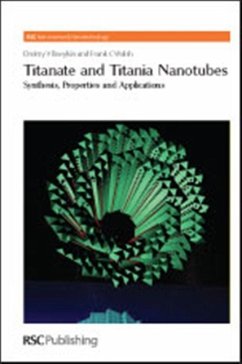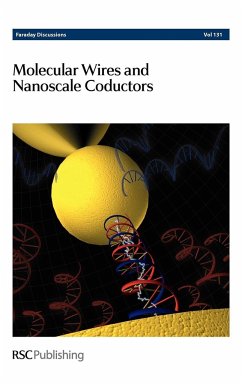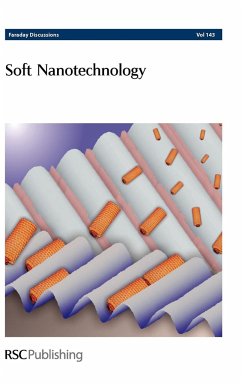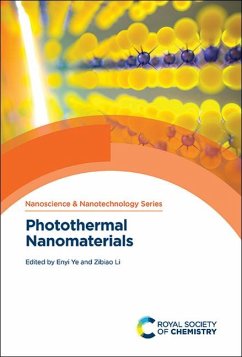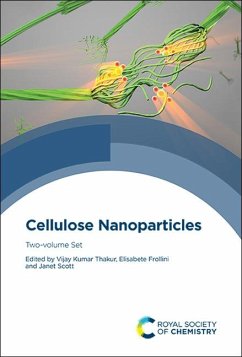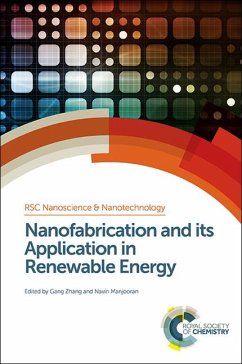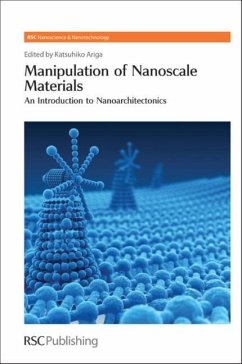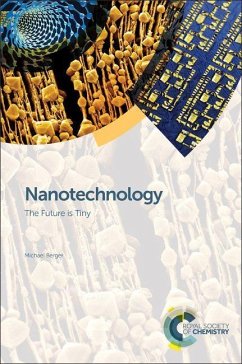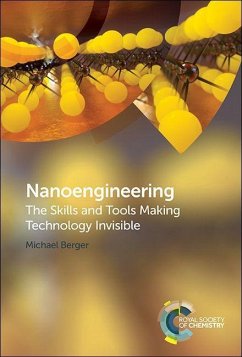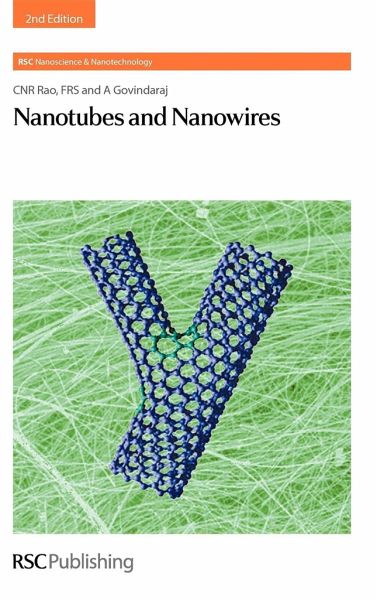
Nanotubes and Nanowires
Versandkostenfrei!
Versandfertig in über 4 Wochen
173,99 €
inkl. MwSt.
Weitere Ausgaben:

PAYBACK Punkte
87 °P sammeln!
Research and literature on nanomaterials has exploded in volume in recent years. Nanotubes (both of carbon and inorganic materials) can be made in a variety of ways. Many of these properties, such as high mechanical strength and interesting electronic properties relate directly to potential applications. Nanowires have been made from a vast array of inorganic materials and provide great scope for further research into their properties and possible applications. This book provides a comprehensive and up-to-date survey of the research areas of carbon nanotubes, inorganic nanotubes and nanowires ...
Research and literature on nanomaterials has exploded in volume in recent years. Nanotubes (both of carbon and inorganic materials) can be made in a variety of ways. Many of these properties, such as high mechanical strength and interesting electronic properties relate directly to potential applications. Nanowires have been made from a vast array of inorganic materials and provide great scope for further research into their properties and possible applications. This book provides a comprehensive and up-to-date survey of the research areas of carbon nanotubes, inorganic nanotubes and nanowires including: synthesis; characterisation; properties; applications. This fully revised and updated edition includes an extensive list of references and is ideal both for graduates needing an introduction to the field of nanomaterials as well as for professionals and researchers in academia and industry.





